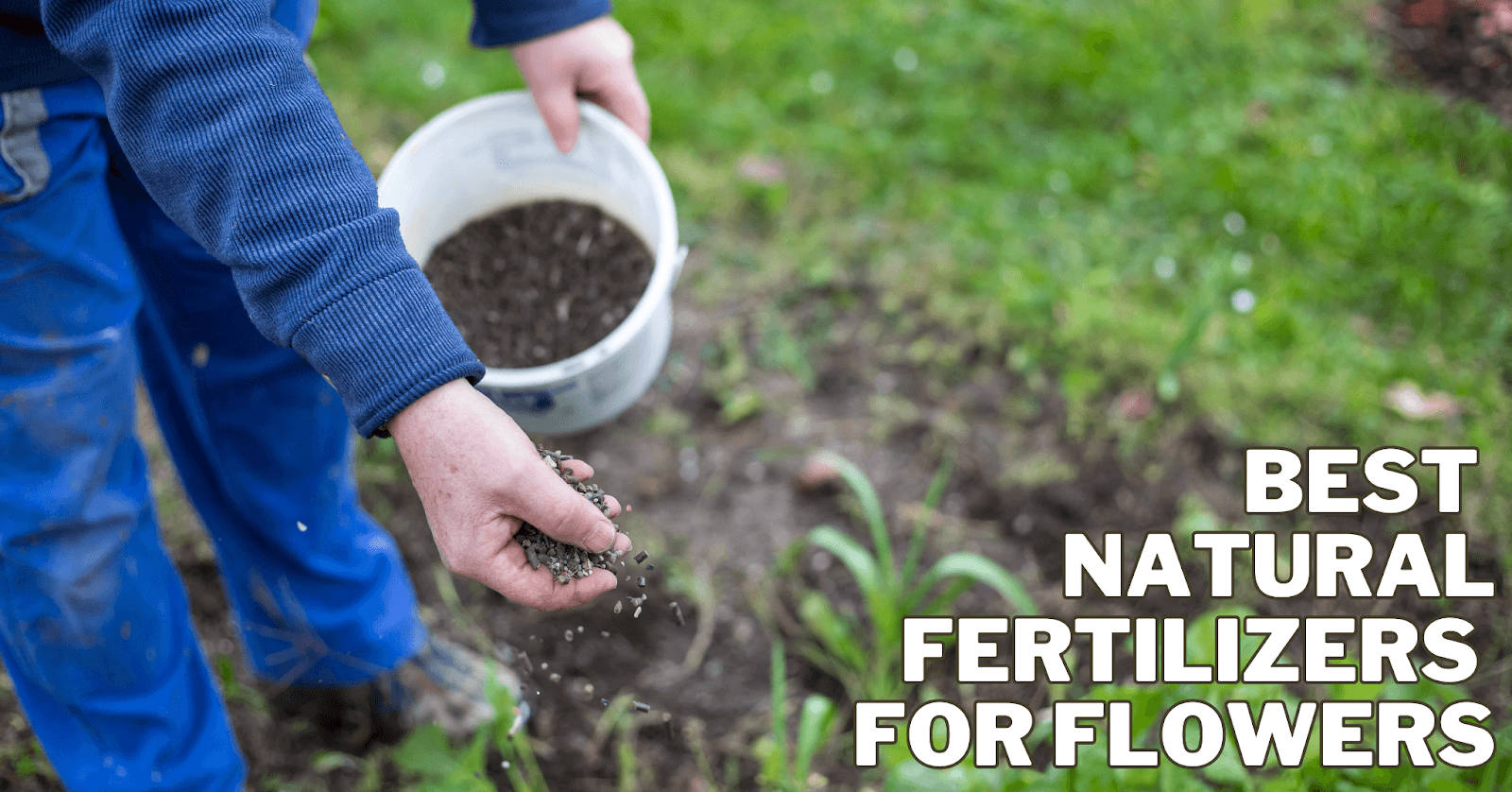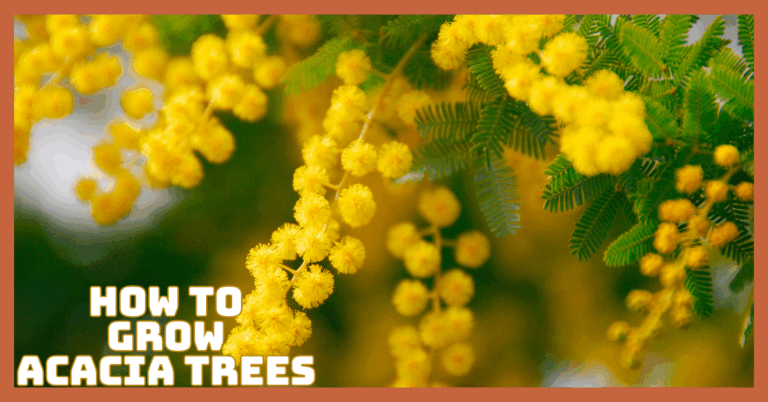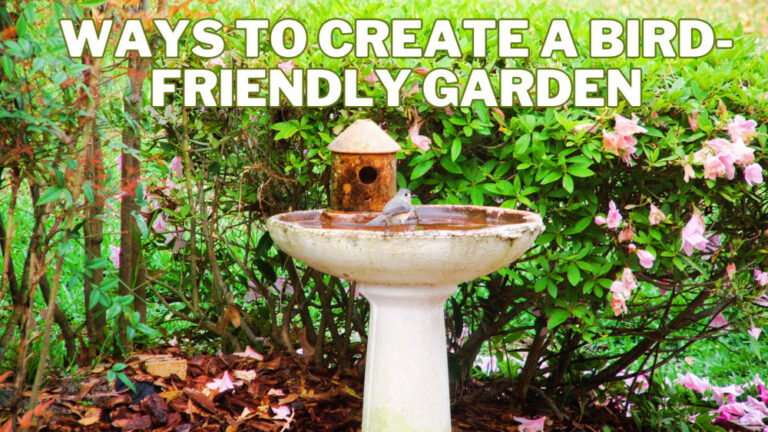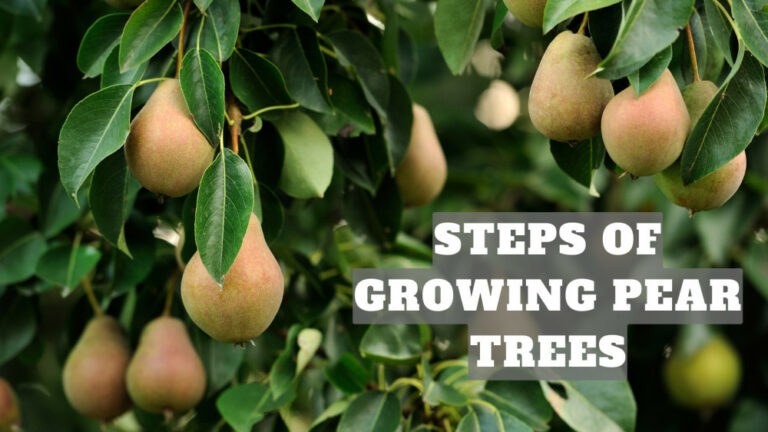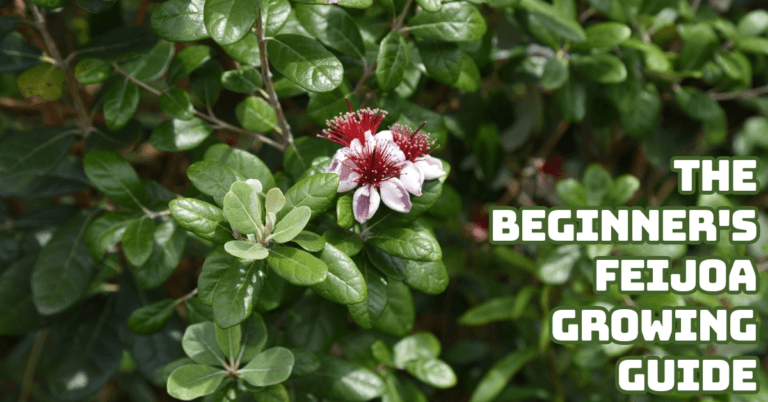Best Natural Fertilizers For Flowers
Best Natural Fertilizers For Flowers
Flowers are exquisite jewels that adorn our surroundings with colour, fragrance, and beauty, contributing to nature's vibrant tapestry.
More than just water and sunshine are needed to create a garden full of blooming plants. Proper fertilizer is also necessary for the plants to thrive.
Despite the widespread availability of synthetic fertilizers, many garden enthusiasts are adopting natural fertilizers as a more environmentally friendly and sustainable alternative.
In this article, we'll take a tour of the organic wonders that can improve the health and vibrancy of your flowers as we explore the world of natural fertilizers.
We'll explore the options that support your plants' health and contribute to a more sustainable, healthy gardening practice, from kitchen scraps to tried-and-true composting techniques.
Prepare to discover the best natural fertilizers that will turn your garden into a blooming paradise as you unlock the mysteries of nature's pantry.
Benefits Of Natural Fertilizers For Flowers
Due to the complex relationship between soil and flora, selecting fertilizer becomes crucial in creating a vibrant, alive garden.
As stewards of nature's tapestry, we frequently look for ways to improve the vibrancy of our flowers while being mindful of the delicate balance of our ecosystems.
Natural fertilizers offer many benefits for flowers, creating a symbiotic relationship between plants and the environment.
Here are some key advantages:
1. Slow Release Of Nutrients
Natural fertilizers like compost and organic amendments release nutrients gradually. This slow process provides a sustained supply of essential elements, promoting steady and balanced flower growth without the risk of over-fertilization.
2. Improved Soil Structure
Organic fertilizers improve soil structure. They enhance soil water retention, aeration, and drainage, creating an optimal environment for flower roots to access nutrients and establish a robust foundation for growth.
3. Microbial Activity Enhancement
Natural fertilizers support beneficial microbial activity in the soil. Microorganisms break down organic matter into more readily available nutrients to plants. This synergy between plants and soil microbes fosters a healthy and thriving ecosystem.
4. Reduced Environmental Impact
Unlike synthetic fertilizers, natural fertilizers are often derived from renewable resources and produce fewer harmful byproducts.
This eco-friendly approach minimizes the environmental impact, contributing to sustainable gardening practices and overall ecosystem health.
5. Rich In Organic Matter
Natural fertilizers are rich in organic matter, improving soil fertility and structure. Organic matter is a nutrient reservoir, ensuring a more resilient and nutrient-rich environment for flowers to thrive.
6. Balanced Nutrient Composition
Natural fertilizers, such as compost and well-rotted manure, provide a balanced combination of essential nutrients, including nitrogen, phosphorus, and potassium. This balanced nutrient profile supports comprehensive flower development, from root growth to vibrant blooms.
7. Minimizes Chemical Buildup
Continuous use of synthetic fertilizers can lead to chemical buildup in the soil, potentially harming plants and disrupting the ecosystem.
Natural fertilizers, being biodegradable, reduce the risk of chemical accumulation and maintain a healthier, more natural balance in the garden.
8. Enhanced Water Retention
Natural fertilizers improve the soil's water-holding capacity, reducing water runoff and enhancing water retention around flower roots.
This is particularly beneficial during dry periods, as flowers can access a more consistent water supply.
9. Long-Term Soil Health
Using natural fertilizers improves the soil's long-term health. By fostering a sustainable and regenerative system, natural fertilizers support the ongoing vitality of flowers and other plants in the garden.
Introducing The Best Natural Fertilizer For Flowers
Several natural fertilizers are effective for promoting healthy and vibrant flowers. The decision is frequently influenced by elements, including the particular requirements of your plants, the state of the soil, and the availability of resources.
Here are some excellent natural fertilizers for flowers:
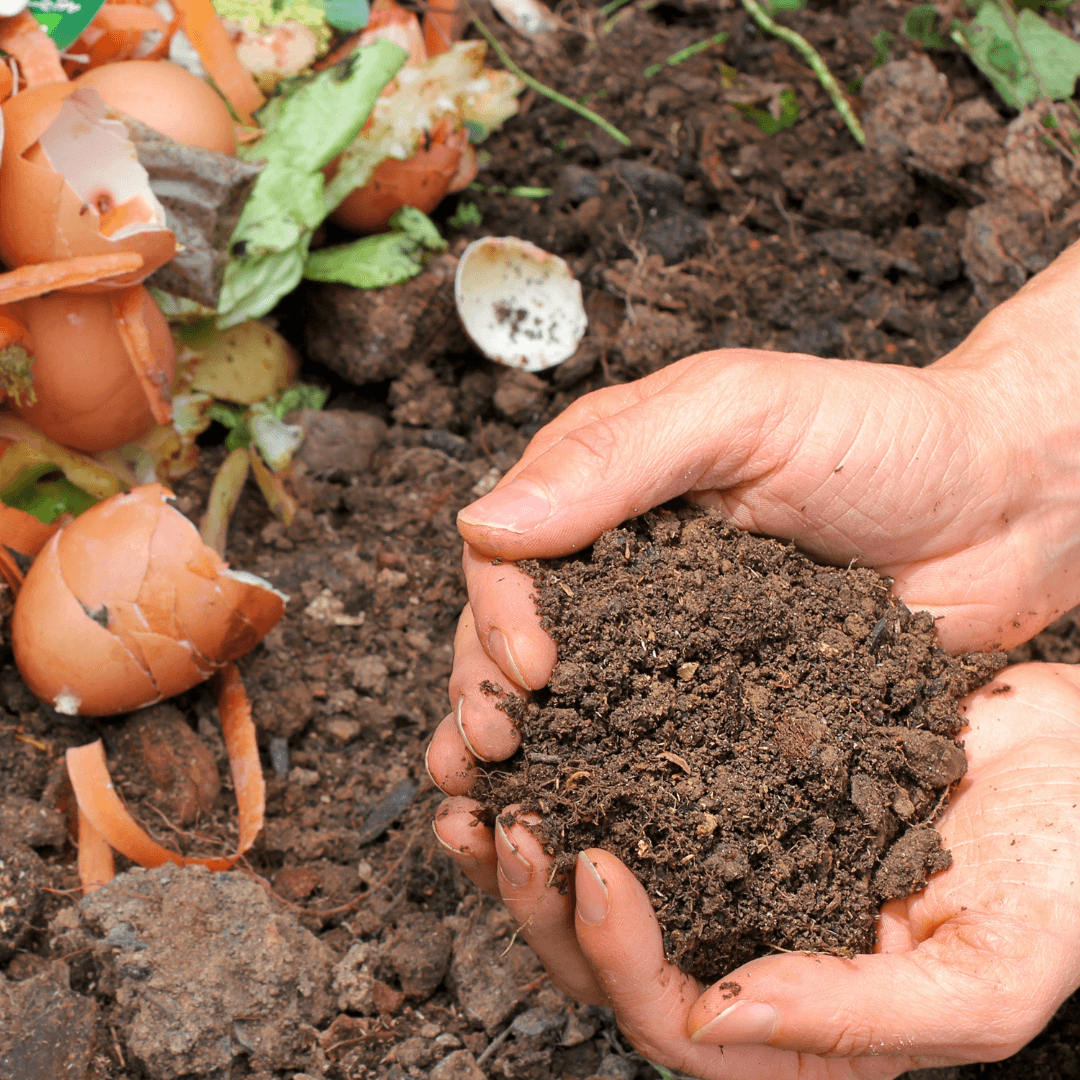
1. Compost
Compost, often called “black gold” in gardening circles, is a transformative organic matter that is essential for cultivating thriving flowers.
Composed of decomposed kitchen scraps, yard waste, and other organic materials, compost is a nutrient-rich powerhouse that invigorates soil structure.
Its balanced blend of essential nutrients, including nitrogen, phosphorus, and potassium, fosters a harmonious environment for flower growth.
Notably, compost is a moisture retention agent, reducing water runoff and ensuring a consistent water supply to flower roots.
Beyond its nutritional prowess, compost cultivates a robust microbial community within the soil, promoting symbiotic relationships between plants and microorganisms.
This microbial synergy aids nutrient breakdown and availability, further enriching the soil. With its dual role as a soil conditioner and nutrient provider, compost is a sustainable and eco-friendly solution, embodying the essence of natural fertilization for flowers.
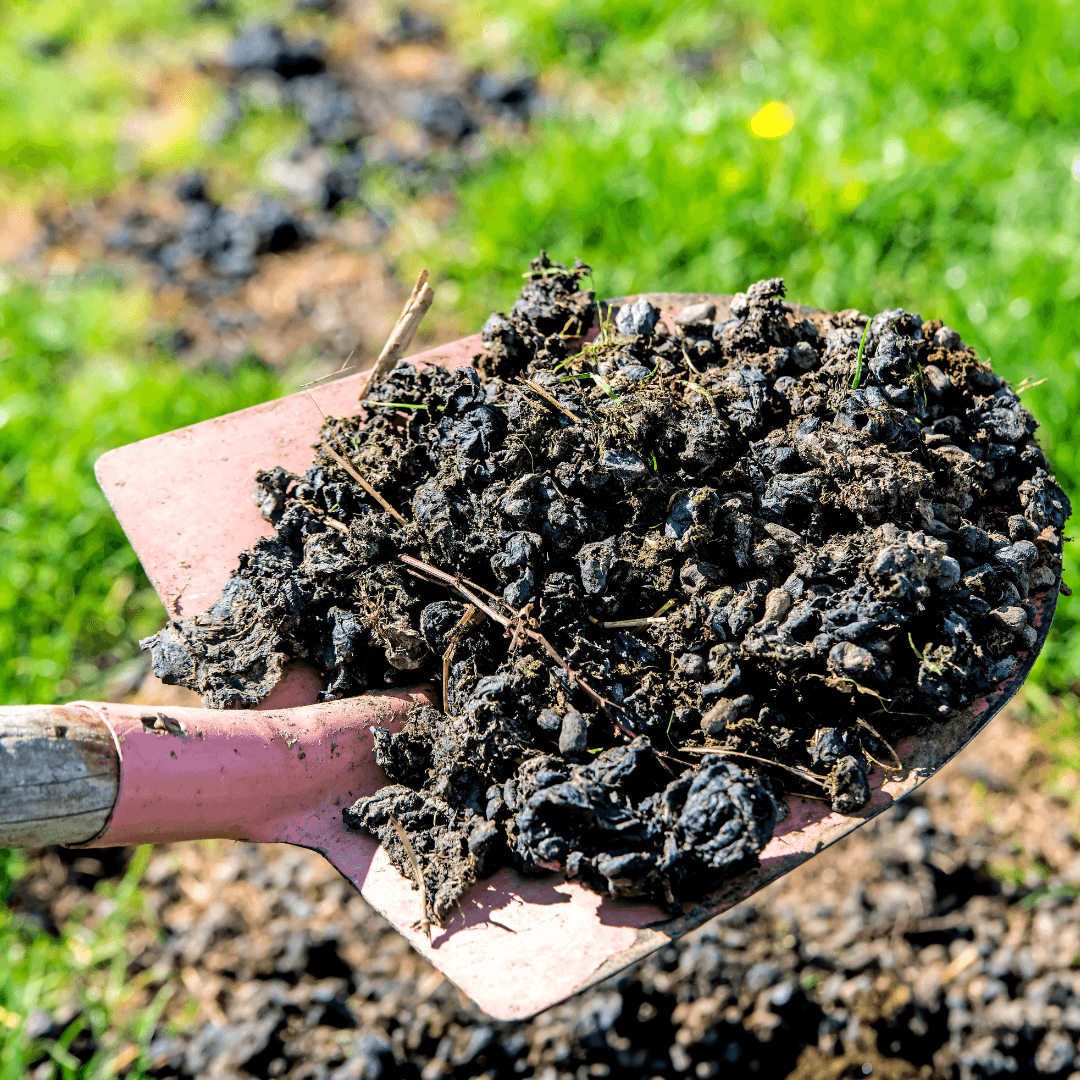
2. Well-Aged Manure
Well-aged manure derived from animals like cows, horses, or chickens undergoes a transformative process that turns it into a nutrient-rich elixir for flower beds.
Manure becomes a powerhouse of essential plant nutrients through proper aging or composting, boasting a balanced blend of nitrogen, phosphorus, and potassium.
This makes it an invaluable natural fertilizer for flowers, promoting robust growth and vibrant blooms.
Beyond its nutrient content, well-aged manure enhances soil fertility by introducing beneficial microorganisms that aid in nutrient breakdown and availability.
Its organic matter improves soil structure, fostering aeration, water retention, and drainage. This dual action—providing vital nutrients while enhancing soil quality—creates an ideal environment for flower roots to flourish.
As a sustainable and eco-friendly option, well-aged manure exemplifies the synergy between animal waste and plant vitality, embodying the essence of natural fertilization in the garden.
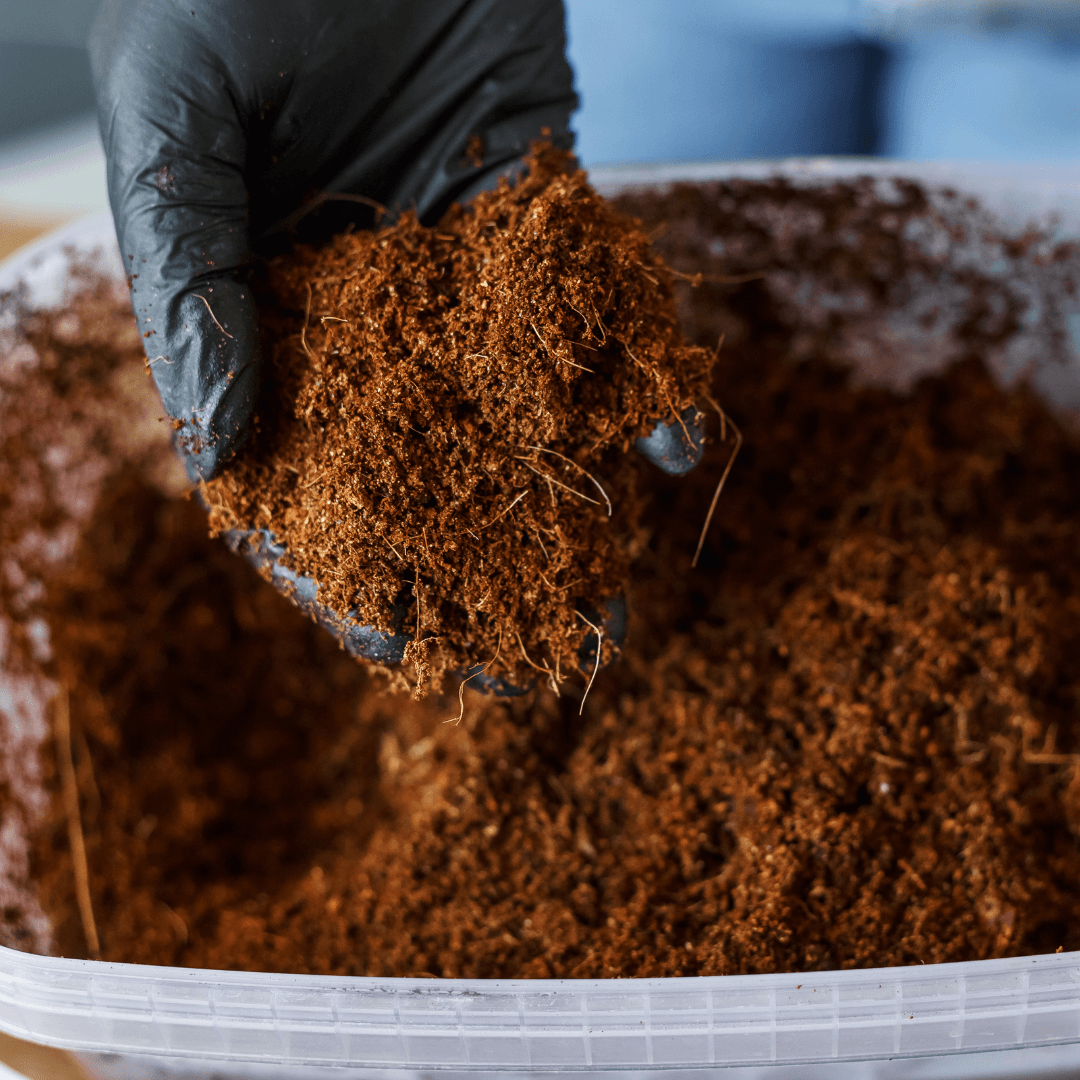
3. Bone Meal
Bone meal, a garden secret harnessed from animal remains, is a potent elixir for blossoming flowers.
This natural fertilizer is abundant in phosphorus and is pivotal in nurturing flower development and fortifying robust root systems.
As an essential component of plant DNA, phosphorus fuels the energy transfer crucial for flowering and seed formation, making bone meal an invaluable ally for flowering plants and bulbs.
The slow-release nature of bone meal ensures a sustained supply of phosphorus, contributing to prolonged bloom periods and enhancing overall flower resilience.
This nutrient-rich powder stimulates vibrant petals and fortifies the structural foundation beneath the soil. From delicate perennials to hearty bulbs, the benefits of bone meal extend across various floral varieties, making it a cornerstone for gardeners seeking to cultivate a tapestry of flourishing blooms.
In the intricate dance of nature, bone meal takes center stage, orchestrating the symphony of growth essential for a garden adorned with nature's beauty.
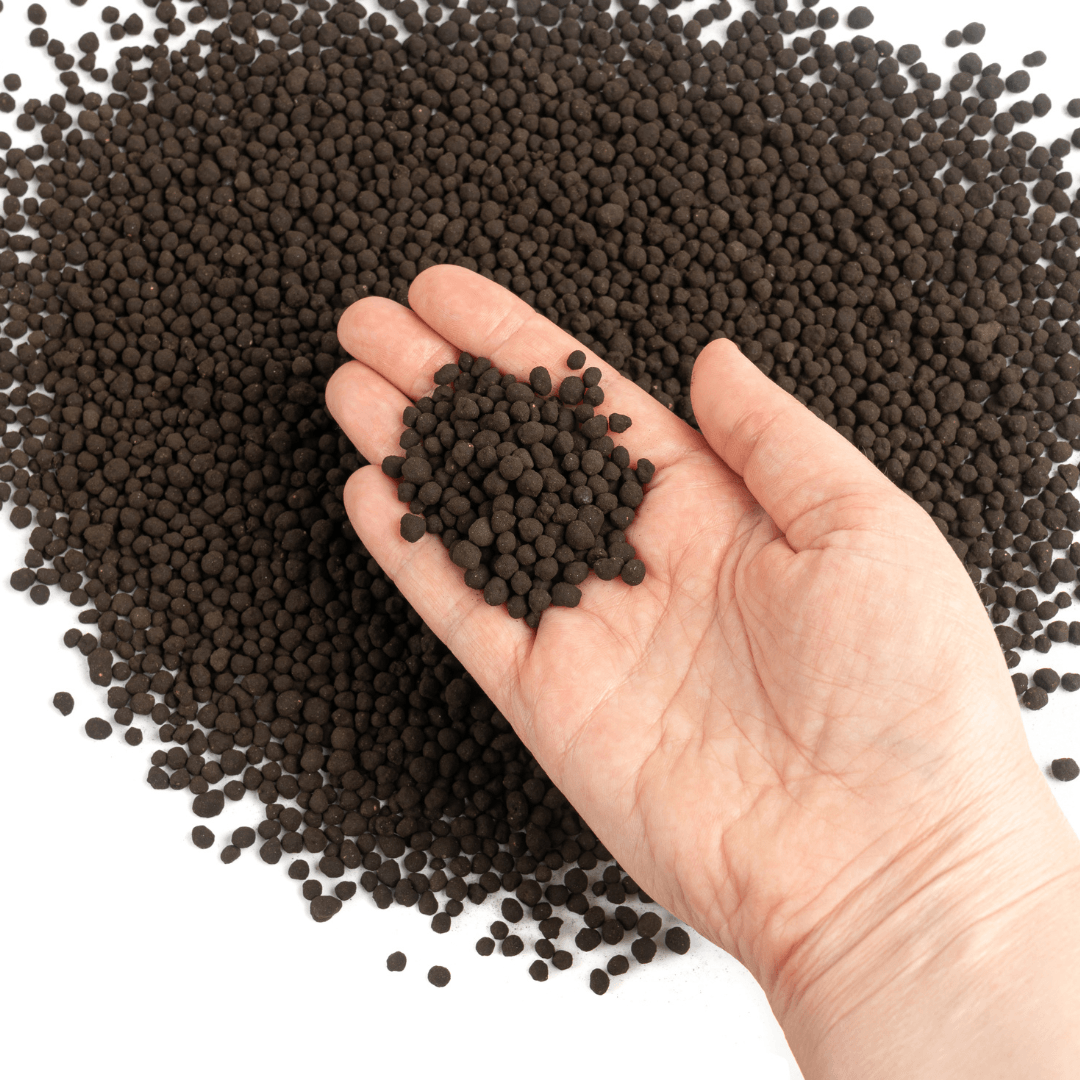
4. Fish Emulsion
Fish emulsion, a natural fertilizer for flowers, surges forth as liquid ambrosia crafted from fish byproducts.
It offers a swift infusion of nitrogen to propel lush green growth and vitality in the garden's blossoming dance.
Crafted from fish byproducts, this liquid fertilizer is a swift and dynamic force in the garden.
Bursting with nitrogen, fish emulsion serves as a quick-release elixir that propels lush green growth, providing immediate vitality to plants.
Nitrogen, a key player in chlorophyll synthesis, orchestrates the vibrant green hues of leaves, promoting a verdant canopy as a canvas for nature's artistry.
Yet, fish emulsion's magic extends beyond foliage, ushering in a symphony of blossoms. Its nitrogen-rich composition encourages prolific flowering, ensuring a garden with nature's vibrant palette.
As a versatile and efficient liquid fertilizer, fish emulsion transforms the garden into a lively stage where plants thrive and bloom, creating an ode to the beauty woven into the essence of fish and flora.
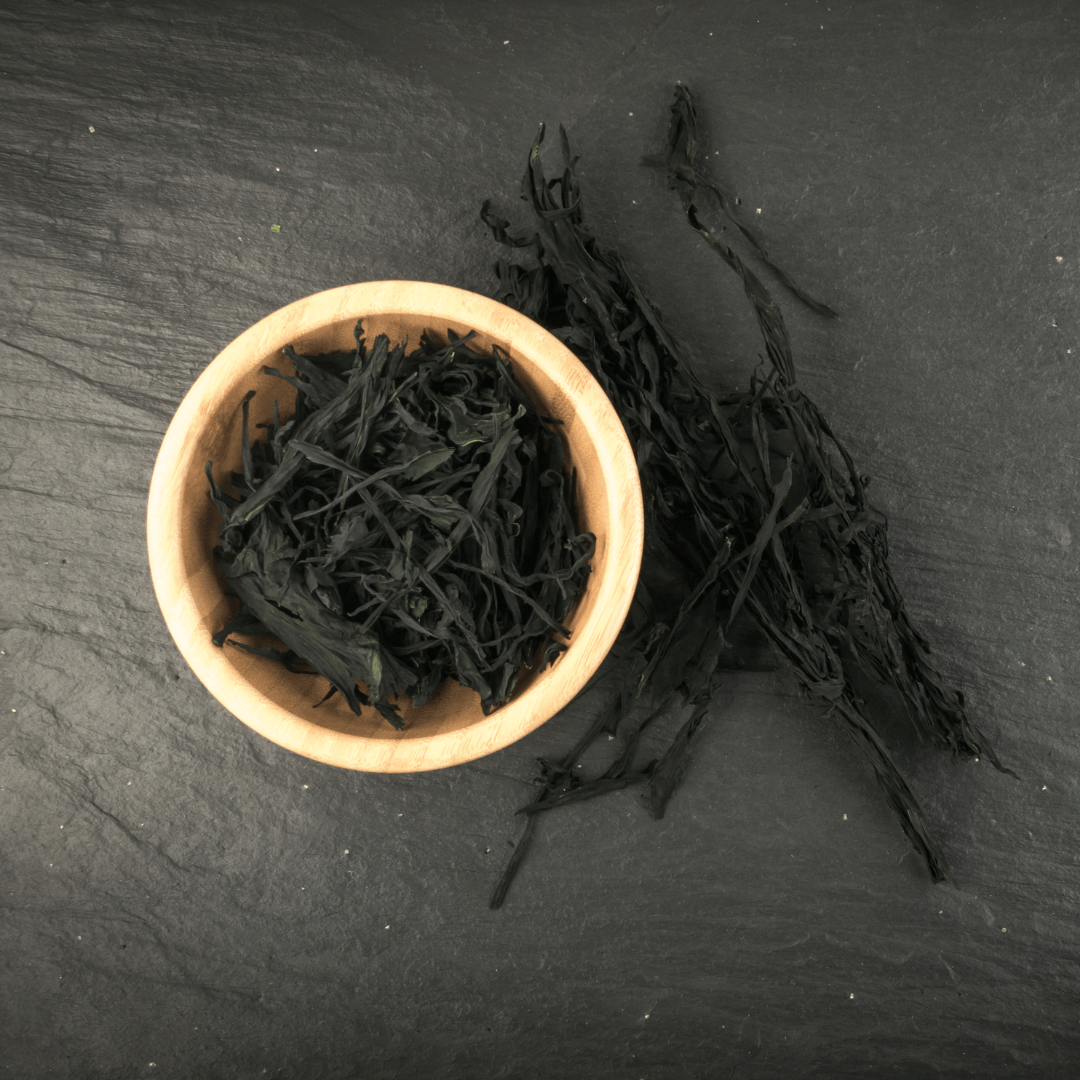
5. Seaweed Extract
Seaweed extract, the ocean's botanical treasure, encapsulates the essence of vitality for flourishing flowers.
Harvested from seaweed, this natural elixir is a concentrated source of micronutrients, minerals, and growth hormones, serving as a holistic plant tonic.
With essential elements drawn from the marine environment, seaweed extract catalyzes overall plant well-being.
The micronutrients within this extract act as a nutritional symphony, nurturing flowers with the building blocks they need for robust growth.
Minerals from the sea infuse the soil with a rich tapestry of elements, fortifying plants against environmental stresses and encouraging resilience.
Moreover, the growth hormones in seaweed extract orchestrate a harmonious development dance, steering flowers toward optimal blooming.
As a botanical embrace from the depths of the sea, seaweed extract transforms gardens into vibrant sanctuaries, where plants not only withstand the ebb and flow of challenges but also unfurl in a crescendo of blossoms, testament to the rejuvenating powers of the ocean's embrace.
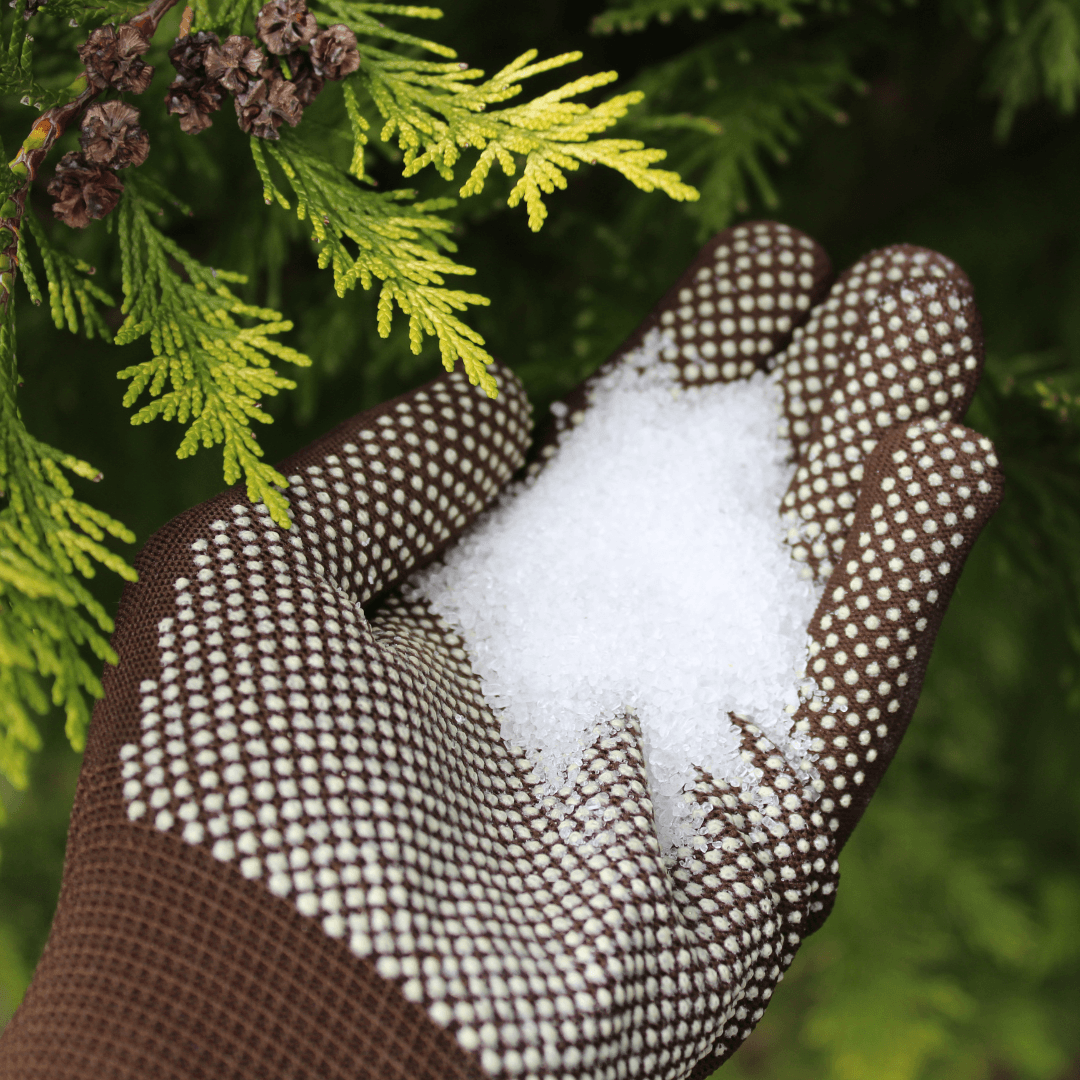
6. Epsom Salt (Magnesium Sulfate)
A horticultural tonic extracted from mineral-rich depths, Epsom salt, is a nourishing salve for blooming flowers.
Made up of magnesium sulphate, this organic material plays an important role in the botanical symphony, adding to the natural dance of the garden.
Magnesium is an essential part of chlorophyll and powers photosynthesis, which allows plants to absorb light and turn it into energy.
Its magnesium infusion catalyzes increased flower pigmentation, bringing out the blossoms' colours and improving the garden's overall appearance.
Beyond improving colour, Epsom salts strengthen foliage against stress and promote vigorous growth, which adds to the general vigour of plants.
As a natural fertilizer for flowers, Epsom salt is a tried-and-true remedy. It unlocks the essence of plant life and fosters a world where blossoms flourish in captivating brilliance, embodying the harmonious dance between nature's elements and the botanical wonders they nurture.
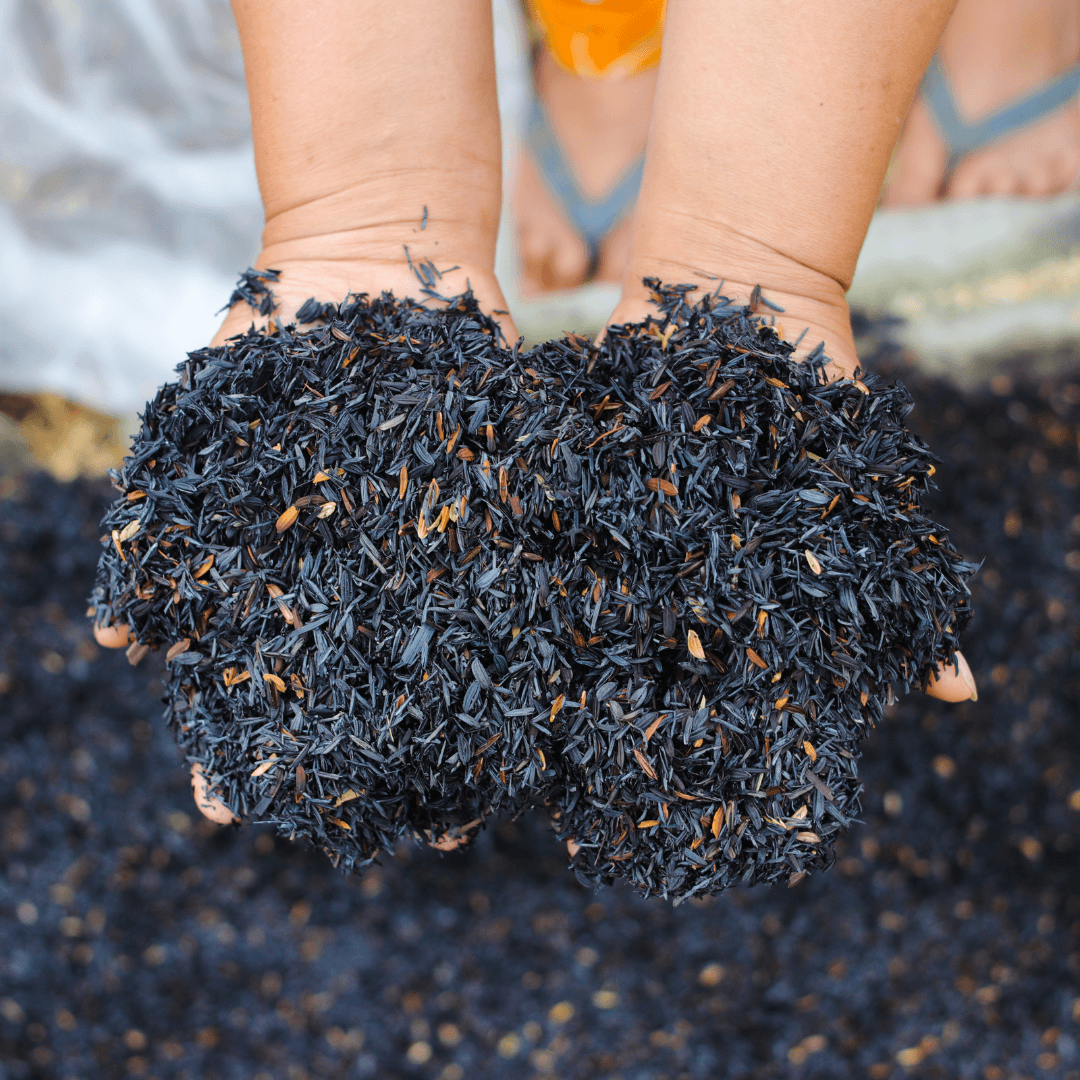
7. Wood Ash
As a natural remedy for gardeners, wood ash, a byproduct of burning hardwood, enriches the soil and encourages the blooming beauty of flowers.
Wood ash, rich in potassium and trace elements, transforms into a nutrient-rich amendment that boosts the garden's vitality.
Its potassium content, which is necessary for flower development, encourages strong blooms and promotes the general health of the plants.
In addition to providing nutrients, wood ash acts as a pH regulator, which helps increase soil pH. Acid-loving flowering plants especially benefit from this, creating an ideal environment for their growth.
The minerals that the ash releases into the soil act as a reservoir for nutrients, supplying the flowers with a steady supply.
Wood ash is a natural and traditional ally that nourishes the soil and orchestrates a symphony of vibrant blooms, embodying the enduring connection between fire-kissed remnants and the blooming wonders of the garden. Wood ash plays a central role in the delicate choreography of gardening.
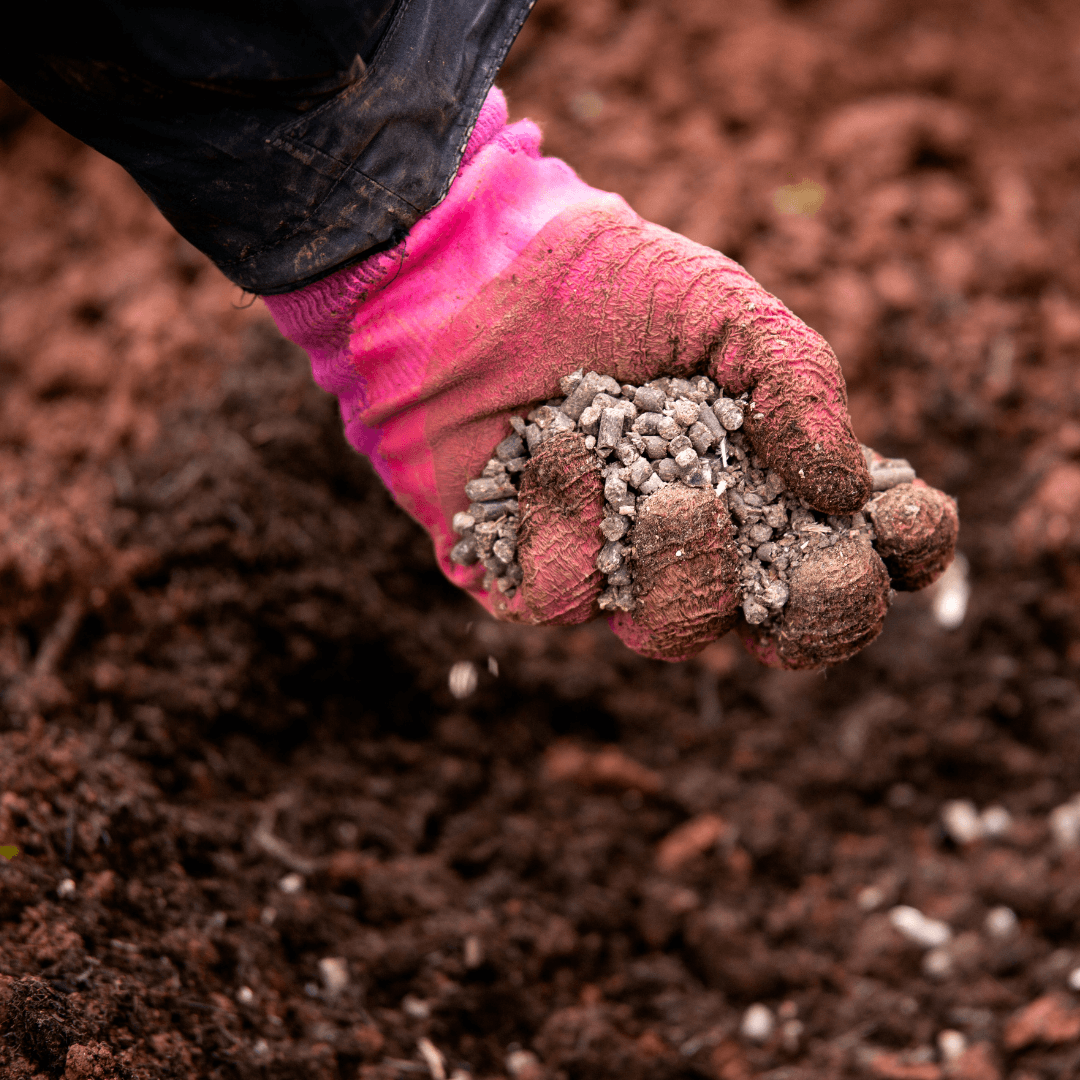
8. Cottonseed Meal
Cottonseed meal, a botanical gift from cotton production, weaves a nutrient-rich tapestry for flourishing flowers.
This natural fertilizer offers a harmonious blend of essential elements, boasting nitrogen, phosphorus, and potassium in balanced proportions.
Nitrogen fuels lush foliage, phosphorus supports robust root systems and flowering, and potassium enhances overall plant vigour.
This well-rounded nutritional profile makes cottonseed meal a versatile elixir for comprehensive flower development.
Beyond its role as a nutrient source, cottonseed meal contributes to soil improvement. It enhances soil texture by promoting aeration and water retention, creating an environment where flower roots thrive.
As it breaks down, it gradually releases nutrients, ensuring a sustained supply for the growing plants.
This dual action—nourishing flowers and cultivating soil health—positions cottonseed meals as a sustainable and effective ally in the gardener's quest for vibrant, blooming landscapes.
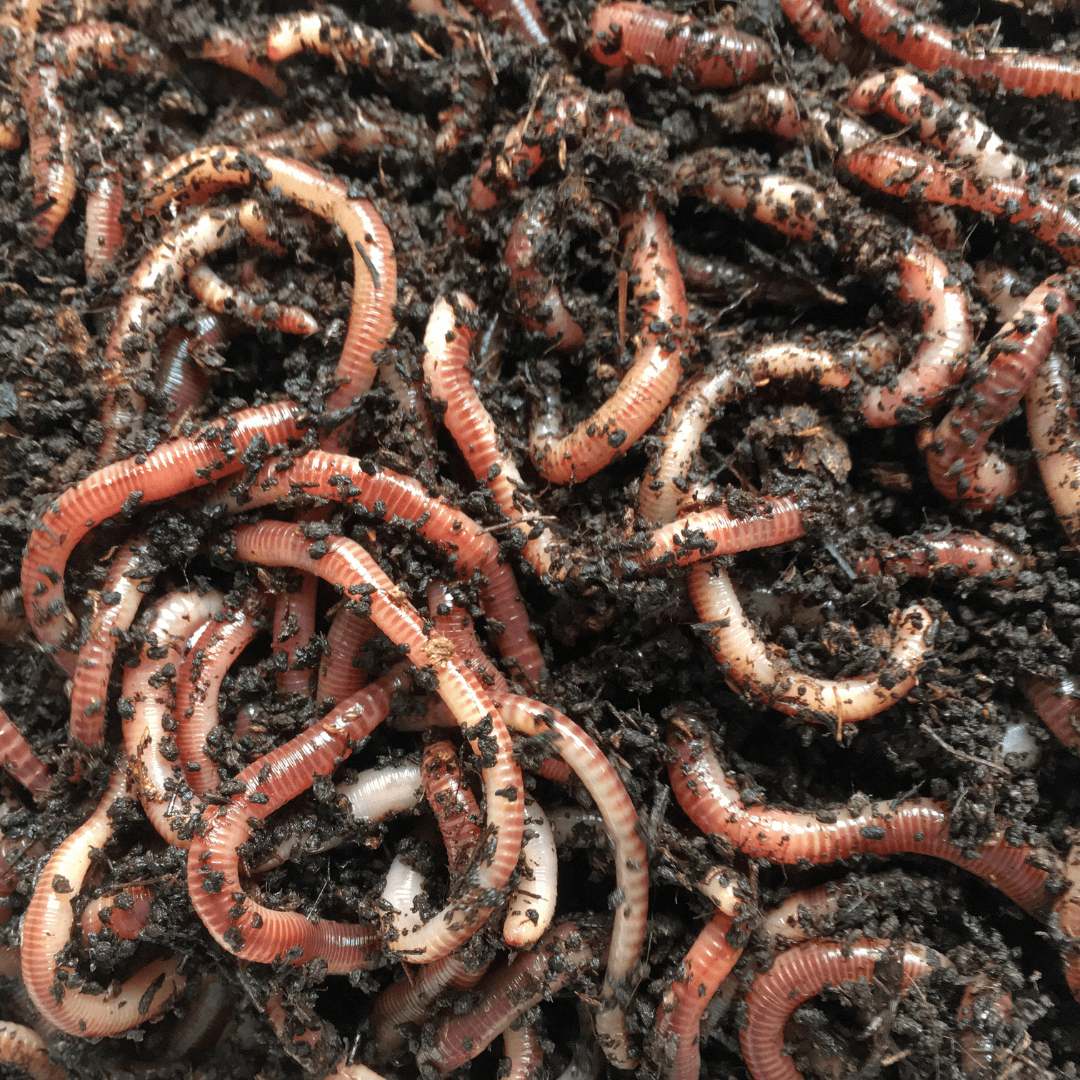
9. Worm Castings
Worm castings, often hailed as nature's gold, embody the transformative power of earthworms in cultivating a flourishing garden.
Derived from the nutrient-rich excrement of these diligent creatures, worm castings serve as a powerhouse of fertility for flowers. This organic matter is packed with essential nutrients and contributes to plants' health and vitality.
One remarkable quality of worm castings is their ability to enhance soil fertility. They introduce beneficial microorganisms into the soil, creating a symbiotic relationship that aids nutrient breakdown and availability.
Additionally, worm castings improve soil structure, promoting aeration and water retention, which is crucial for flower root systems.
As a slow-release fertilizer, worm castings provide a sustained and balanced supply of nutrients, nurturing flowers throughout their growth stages.
This natural and nutrient-dense elixir from the underground world exemplifies the harmonious collaboration between earthworms and plants, creating a foundation for gardens adorned with vibrant and resilient blooms.
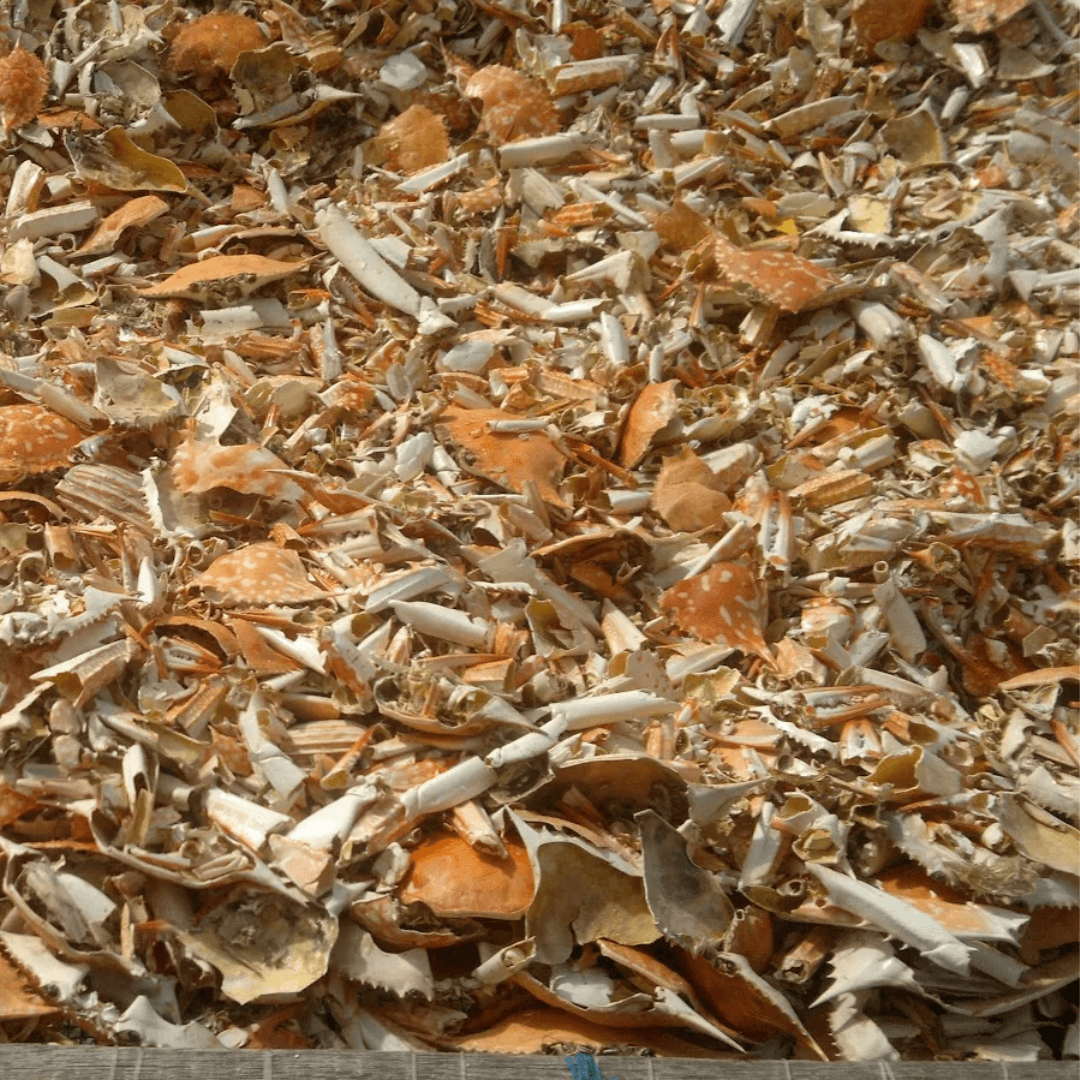
10. Crab Shell Meal
A seafood treasure derived from crustaceans, crabshell meal adds a special and useful component to the garden's repertoire. It is a slow-releasing chitin fertilizer that feeds flowers while improving the soil's health.
Crab shell meal, which is high in the complex polysaccharide chitin, strengthens the soil's structure and promotes better water retention and aeration—two factors that are critical for flowers' roots to grow healthily.
Serving as a natural fertilizer for flowers, crab shell meal's gradual nutrient release ensures a sustained supply.
It promotes robust and uninterrupted flower growth while stimulating beneficial soil microbes and fostering a vibrant microbial community for enriched soil fertility.
Crab shell meal's slow-release characteristic guarantees a steady supply of nutrients, encouraging resilient and continuous flower growth.
Furthermore, its chitin stimulates the growth of beneficial soil microbes and fosters a vibrant microbial community.
Through the facilitation of nutrient cycling, this microbial synergy enriches the soil with necessary elements.
Crab shell meal is a source of vital micronutrients beyond its function as a soil conditioner, giving flowers a complete and well-balanced nutrient profile.
Crab shell meal is a natural and enduring partner in the complex dance between land and sea, feeding the soil and blooming with its maritime richness.
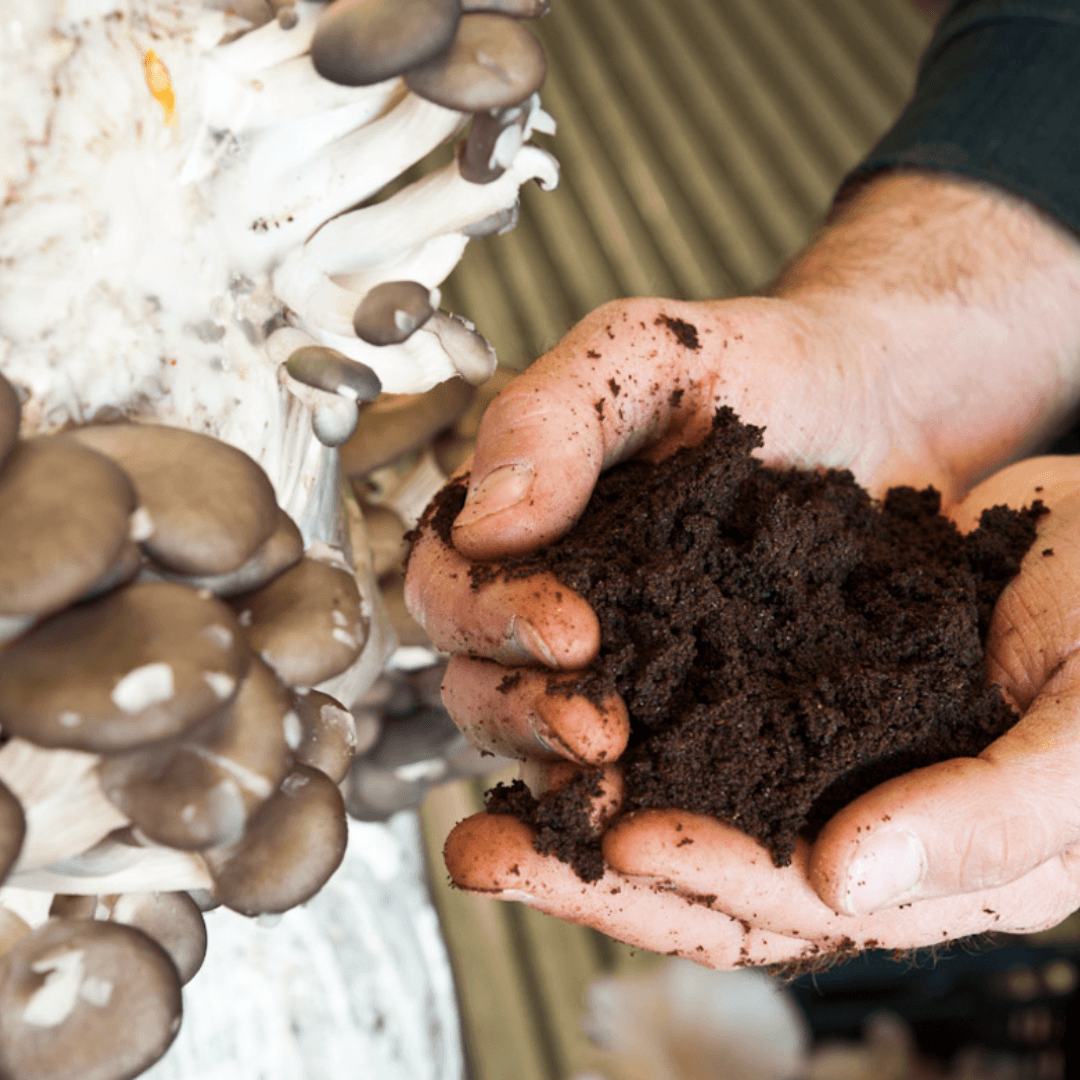
11. Mushroom Compost
Mushroom compost, a product of the fungi cultivation process, presents a remarkable blend of organic richness that transforms flower beds into thriving havens of botanical splendour.
Crafted from organic materials like straw, hay, and poultry litter used in mushroom cultivation, this compost is a nutrient-dense elixir for plants.
The diverse organic components contribute a wealth of nutrients, fostering a balanced and fertile flower environment.
Mushroom compost provides essential elements such as nitrogen, phosphorus, and potassium and introduces beneficial microorganisms into the soil.
This microbial activity aids nutrient breakdown and availability, promoting flowers' overall health and vitality.
As a sustainable byproduct of the mushroom industry, this compost embodies recycling at its finest, demonstrating how organic waste can be repurposed to create a nourishing foundation for blossoms.
Mushroom compost is a testament to the cyclical and regenerative nature of gardening, where what once nourished fungi now becomes a source of vitality for flourishing flowers.
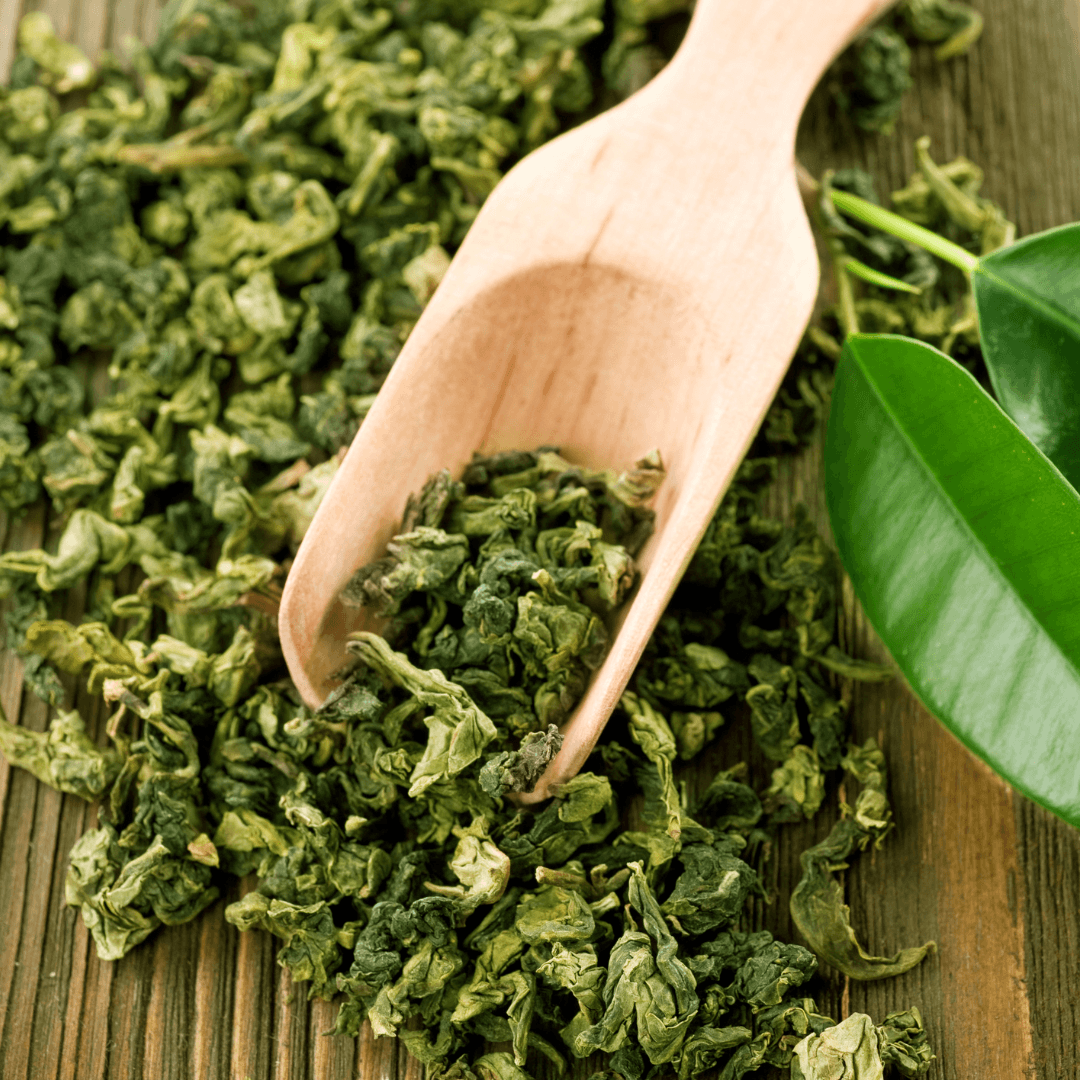
12. Green Tea Residue
When combined with nature's brew, green tea residue becomes an unexpected and sustainable ally in the garden.
Green tea leaf remnants, frequently thrown away, can be used to make a nutrient-rich elixir for plants.
Nitrogen-rich green tea residue acts as a natural fertilizer, promoting the growth of vivid blooms in flowers and luxuriating foliage.
Green tea residue is an organic source of nitrogen that helps produce the necessary elements for chlorophyll synthesis, promoting the photosynthetic process that supports healthy leaf growth.
It functions as a slow-release fertilizer in the soil, providing a constant flow of nutrients necessary for flower growth.
This environmentally friendly method reduces waste while showcasing how inventive it can be to use commonplace objects to improve the garden.
Conclusion
The quest for the ultimate natural fertilizer for flowers unveils various options. However, the most effective approach is a synergistic blend of different organic components rather than relying on a single substance.
Recycling kitchen scraps, incorporating well-aged manure, and embracing composting are not just gardening practices but also acts of environmental stewardship.
This harmonious combination fosters soil health, nourishes flowers, and establishes a regenerative and sustainable cycle.
By selecting these natural solutions, we strengthen our planet's resilience while improving our landscapes' aesthetics.
I trust you enjoyed this article on the Best Natural Fertilizers For Flowers. Please stay tuned for more blog posts shortly. Take care!
JeannetteZ
>>>Please click here to read my all-inclusive article, About The Essential Companion Planting Guide<<<
>>>Please click here to read my all-inclusive article about Container Gardening<<<
>>>Are you interested in homegrown herbs and medicine? Please click here to find out more about it!<<<
Your Opinion Is Important To Me
Do you have thoughts, ideas, or questions? I would love to hear from you. Please leave your questions, experiences, and remarks about the Best Natural Fertilizers For Flowers in the comments below. You can also email me at Jeannette@Close-To-Nature.org.
Disclosure
This post may contain affiliate links. As an Amazon Associate and other affiliate programs, I earn from qualifying purchases at no extra cost to you. Please read my full affiliate disclosure.
You might also enjoy these blog posts:
Best Tips For Introducing A New Cat To Your Home
Best Tips For Choosing The Right Cat Food
The Role Of Cats In Ancient Civilizations
Best Senior Cat Care Tips And Advice
Best Tips For Maintaining A Healthy Coat In Horses

